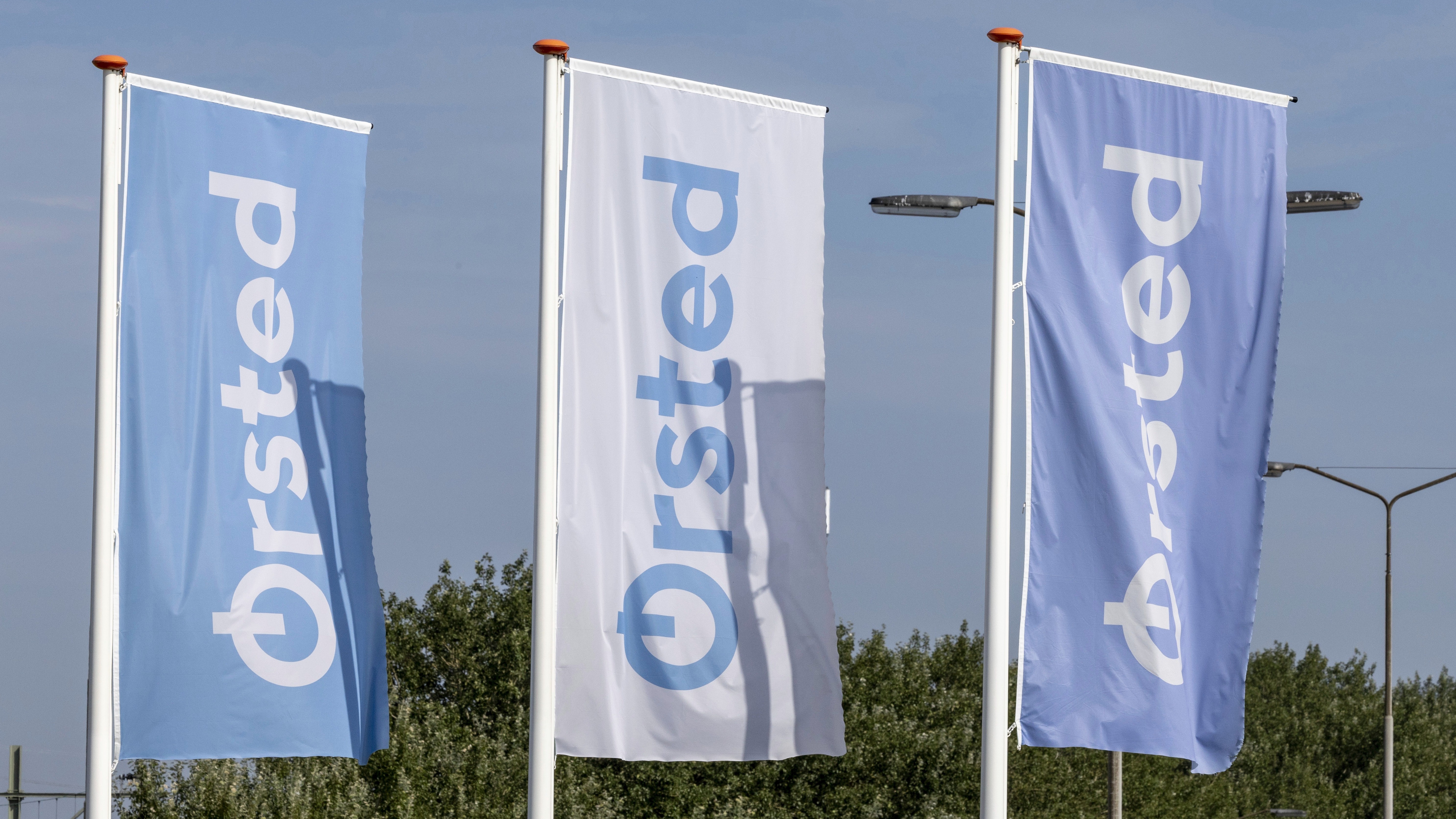Emma Wall: Hello, and welcome to the Morningstar series "Market Reaction." I'm Emma Wall and I'm joined today by Edward Smith, Asset Allocation Strategist for Rathbones.
Hello, Edward.
Edward Smith: Hello.
Wall: So, despite the fact that the bookies are still odds on that we will remain in the EU after the referendum on June 23rd, billions of pounds have come out of U.K. funds which suggests that investors around the world are very nervous about this result.
Smith: I think that's right. And it seems that particularly U.S. investors are withdrawing money from the U.K. and European funds. They tend to allocate sort of in a blanket fashion to Europe. They don't split out the U.K. and Europe like we tend to do. And I think that's right. If you're a global investor, you can allocate your capital anywhere in the world. You're going to do so where there is less uncertainty.
And if there is one thing certain about Brexit is that it will breed uncertainty. And of course, our analysis suggests that there is a very high correlation between our measure of U.K. economic uncertainty and risk premiums on U.K. assets, particularly mid-cap equities and small-cap equities. So, more uncertainty, higher risk premiums, everything else being equal that means lower stock market prices.
Wall: So, let's play devil's advocate then. Let's say that actually Britain does vote to leave the EU and on 24th, 25th when we hear that result what happens firstly to the economy and then secondly, to the U.K. stock market?
Smith: Well, we think that – again, it's uncertainty that's the watchword. Uncertainty alone is enough to delay spending, is enough to delay investment. And with the chancellor's fiscal rules that would almost certainly mean that the government misses its deficit reduction targets because of that reduction in spending in investments. So, therefore, there likely be another round of reduction in government spending and investment. So, all of that will likely add up to a percent or two of GDP over the first couple of years. Now, that's sort of our assessment of 1% to 2%.
It's much lower than the Treasury's rather extreme assumptions of 3.6% to 6% which suffered from a few strange specifications in their model in our opinion. But still, 1% to 2% of GDP growth over two years is quite a substantial amount in todays' low-growth world. And again, I think that will trigger more asset outflows from U.K. equities regardless of what people think the long-term benefits might be.
Wall: And that has contagion risk, doesn't it, because you specified there earlier that actually midcaps and small-caps are probably most at risk because they are most linked to the domestic economy? But actually, if people are tarring all U.K. equities with the same brush, we could well see the FTSE 100 dip as well?
Smith: I think certainly in the first few weeks that's quite likely and I think that's really because of the reaction from global investors. Global investors don't tend to split out the U.K. and Europe and we don't know – if there is contagion from Brexit into Europe and so the likelihood of European disintegration then that's yet another source of uncertainty that could just deter global investors and they will look for their returns elsewhere.
Wall: And there are certain sectors which are more vulnerable, aren't there, things like banks and autos, which banks, it's regulation and autos relies quite a lot on trade with the EU?
Smith: Yes, and whilst the tariffs that might be applied if we leave the free trade area are quite low on a weighted average basis, about 3.3%, nothing that's going to cause a collapse in trade there, for the autos sector as well as textiles and agriculture tariffs can be as high as 10%, 15% for autos, 20% to 30% for textiles and agriculture.
So, yes, investors have got to think about, okay, what companies are geared into not only those sectors but those supply chains as well. And banks, for us that is one of our key sources of risk from Brexit and that's because of the direction of travel in European legislation and regulation. We've spoken to a number of lawyers and experts on the subject, the unanimous that the EU is going to make it harder and harder to do financial services business in Europe from outside of its borders.
Wall: And let's say that the bookies are right and we do vote to remain, does that mean perhaps there are opportunities in those areas which are looking risky if we leave?
Smith: Well, I think certainly the valuation multiples would suggest that. So the P/E multiple of the FTSE 250, if we plot that as a ratio to the P/E multiple of the FTSE 100, that ratio is pretty much at the lowest level it's ever been. So, there is clearly a big valuation discount already being priced into the FTSE 250 and also the FTSE Small Cap Index and that could well present quite a substantial opportunity if we vote to remain.
Wall: Ed, thank you very much.
Smith: Thank you.
Wall: This is Emma Wall for Morningstar. Thank you for watching.




























